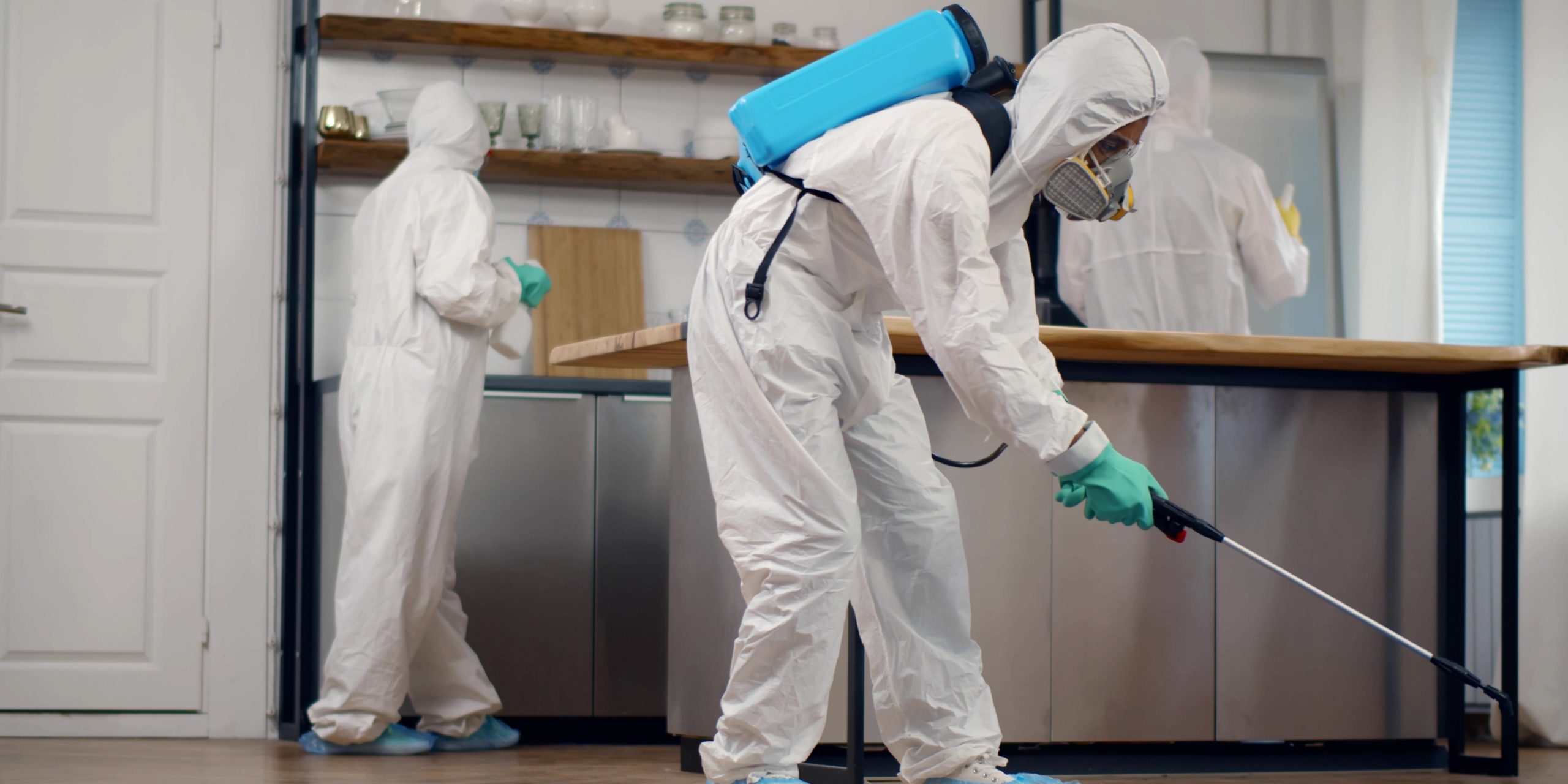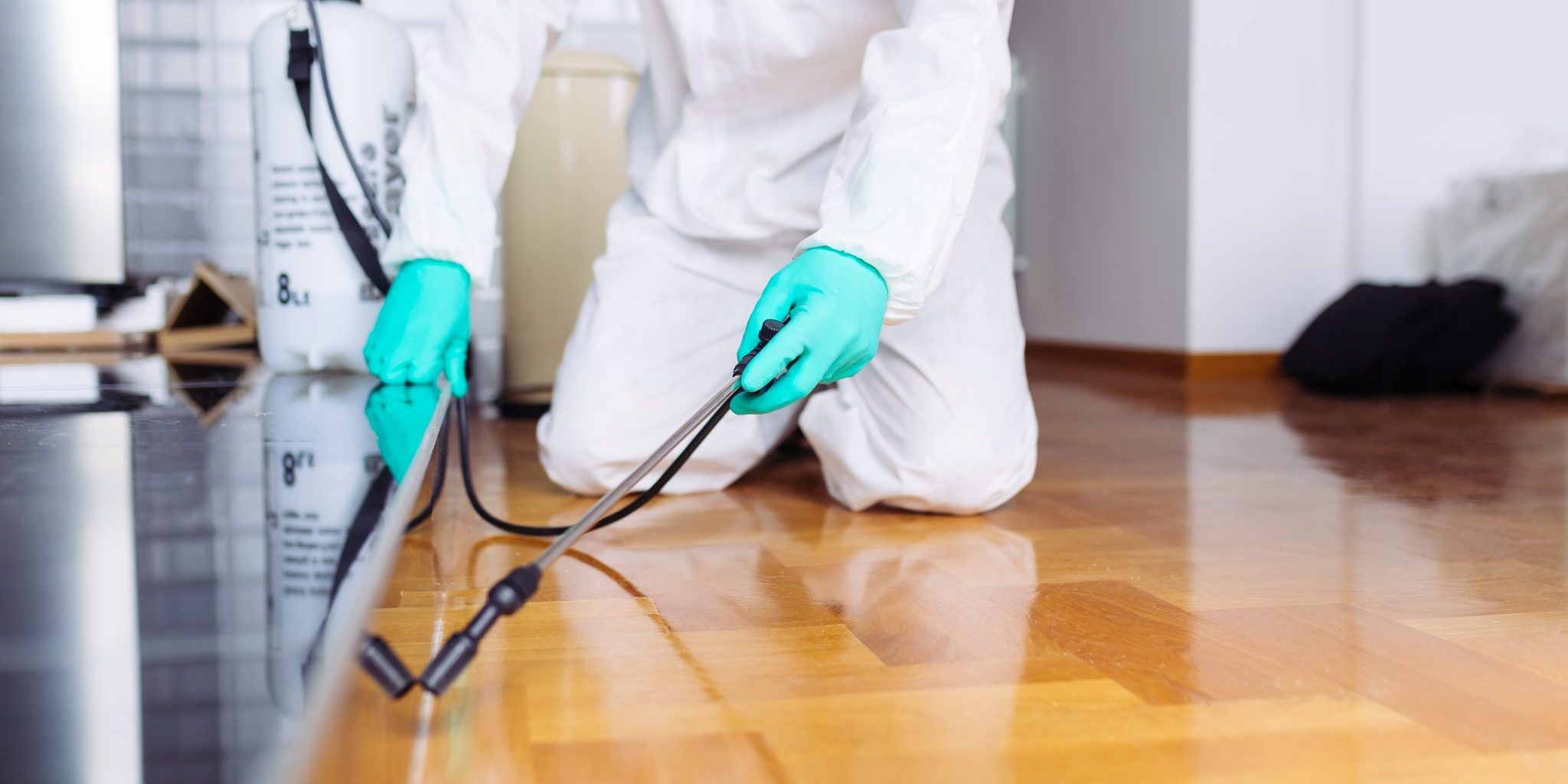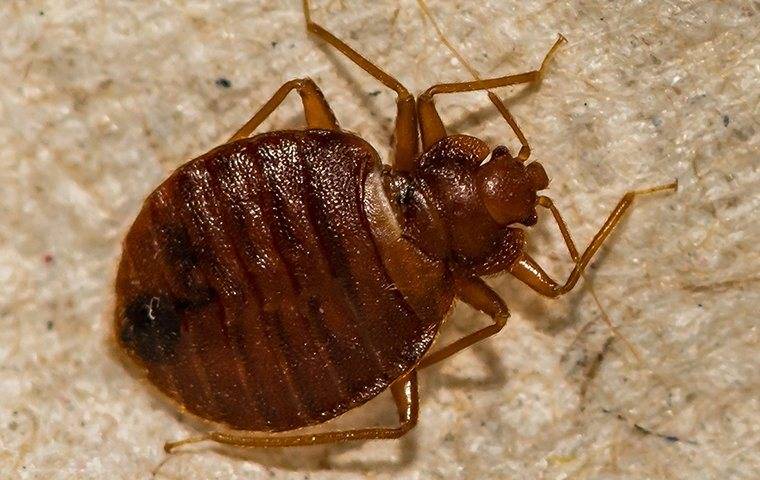Pest control helps maintain a safe and healthy environment, and that’s why it is essential for any industry. It helps keep the customers, employees and products safe from the harmful effects of the insects. Due to pest infestation, several damages can occur to crops, various diseases can be spread, and food and beverages can be contaminated.
Therefore, it is important to consider the implementation of an effective pest control strategy for preventing the risk of health hazards and protecting the industry’s reputation. Here you will learn about pest control for specific industries: agriculture, hospitality, and more.
Pest Control In The Agriculture Industry
One of the main sectors affected by pest infestation is the agriculture industry. The reason behind this is the large-scale cultivation of the crops. It can lead to huge crop loss, affect the farmers’ livelihoods and increase food prices.
That’s why implementing proper pest control measures in the agriculture industry is essential to prevent pest damage, maximize crop yield and result in food security. Here are some effective pest control techniques which you need to know for the agriculture industry.
Biological control
Biological control includes using natural enemies of the insects to control their population. This may include the introduction of parasitic wasps, nematodes, or predatory mites to the farm to feed on the insects, reduce pest behavior or disrupt mating. This method is considered efficient, safe, and cost-effective, which can significantly reduce the risk of pesticide residues and promote ecosystem balance.
Integrated pest management
It is a holistic approach to effectively managing insects, minimizing the environmental impact, and eliminating the use of pesticides. It may involve the identification of pest triggers and the implementation of different pest control strategies like cultural control, biological control, chemical control, and physical control. For example, farmers can use crop rotation to prevent pest buildup, apply traps to stop insect entry and use targeted pesticide application when required.
Pesticide application
The pesticide application includes using chemical compounds to control the pest population. You may find pesticides an efficient method of pest control, but they are probably harmful to the environment and human health. Therefore, farmers must use pesticides responsibly after considering proper follow-up of the recommended dosage and minimizing the application frequency. They should also consider using pest-specific products to prevent harming beneficial insects and other non-target organisms.
Pest Control In The Hospitality Industry
Due to the abundance of food sources, the requirement for distinct hygiene standards, and the flow of guests, the hospitality industry is considered vulnerable to pest infestation. The insects, like cockroaches, bedbugs, flies, and rodents, can cause serious damage to hospitality, businesses, or the reputation of hotels. Here are some common pest control methods which you can use for the hospitality industry.
Inspection and monitoring
The first thing to consider for pest control in any hospitality industry is conducting regular inspections to identify the potential insect entry points, food sources, and harborage areas. It may include checking for crevices or cracks in the walls, windows, and doors. Restaurants and hotels should also conduct a pest control program, which regularly monitors pest activity and takes instant action when needed.
Pest control treatment
The treatment in the hospitality industry varies as per the type of pest and level of the infestation. For example, hotels may need bedbug treatment, including chemical or heat treatment, to eliminate insects. On the other hand, restaurants may require rodent control, including baiting and trapping, to prevent rodent entry and control existing populations. Pesticides can also be used as a last option but only in case of need, and they should be used under the proper guidance of a licensed operator.
Sanitization
It is an important aspect of pest control in this industry. Employees must follow strict hygiene standards like disposing of waste, cleaning up spills properly, and keeping the storage areas dry and clean. The facilities should also maintain a regular and proper cleaning schedule and deep cleaning of kitchen equipment and ventilation systems to eliminate the potential pest habitats.
Pest Control in The Healthcare Industry
The healthcare industry is significantly sensitive to pest infestation. It is due to the potential risk of disease transmission to staff and patients. The insects, such as ants, cockroaches, and mice, can spread germs and contaminate food. They can also lead to damage to sensitive equipment. Therefore, effective control measures should be considered in healthcare facilities to ensure the safety of staff and patients. Below are some effective pest control techniques that should be used in the healthcare industry.
Regular inspections
Regular insect inspections are important in health care facilities, provided the high-risk nature of the industry. Monitoring the pest activity, identifying potential, pest entry, and points, and assessing the effectiveness of control measures are all included in regular inspections. The professionals should also conduct inspections regularly and provide the facility management with proper reports and recommendations.
Pest control treatment
In the case of pest control treatment in health care facilities, it should be handled properly and carefully due to the sensitive nature of the industry. The professionals must follow strict guidelines so that the pesticides cannot contaminate the medical equipment or harm staff or patients. Also, the different methods should be dependent on the type of pest and level of infestation. Mice may need removal and trapping, while cockroaches may be treated with insecticide.
Conclusion
After knowing about pest control for specific industries: agriculture, hospitality, and more, you may now ensure a healthy and safe environment for your particular industry. With the use of the right pest control strategy, the use of pesticides can be minimized, and pest infestation can also be prevented. The risk of disease transmission can also be reduced, and the industry’s overall reputation can be protected.
So implementing an integrated pest management approach is highly beneficial in several aspects. You can do this by considering regular inspections, seeking professional help, and following strict hygiene standards for having a pest-free and safe environment.
Read More:- How Can White Ants Be Handled At Home?
![]()



